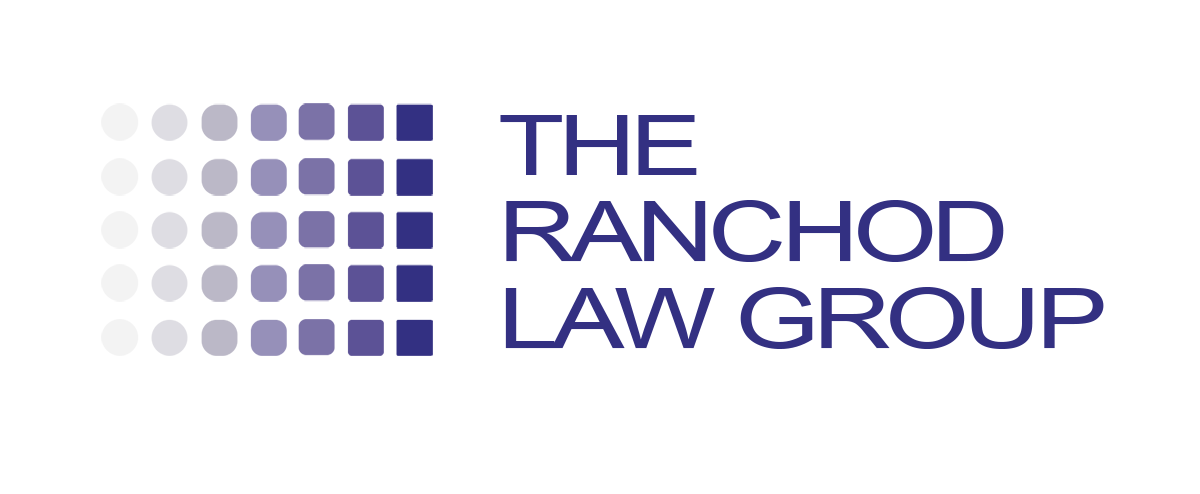Understanding the F-1 Student Visa
What You Need to Know About the F-1 Student Visa
The F-1 visa allows full-time students to live in the United States temporarily while they attend an accredited academic institution that the U.S. government has authorized to accept international students. Since there are so many academic programs and places to study in the U.S., the F-1 visa is somewhat broad, but like other types of visas, there are some clear rules.
F-1 Visa Eligibility Requirements
To be eligible for an F-1 visa, you must:
What to Know About the F-1 Visa Process
The lengthiest part of the F-1 visa process for many students is applying and being accepted into their chosen U.S. academic institution. Once accepted, you’ll be added to the Student and Exchange Visitor Information System (SEVIS), which tracks non-immigrant educational visa holders, exchange programs, and authorized schools.
After registering with SEVIS and paying the required fee, your school will give you Form I-20 to confirm your acceptance into the school and your visa eligibility. You’ll then need to:
Depending on your nationality, you may also have to pay a visa insurance fee, which will only be due after your interview and your visa has been approved. Wait times for your interview can depend on the location of the U.S. embassy or consulate and the time of the year you’re applying.
Keep in mind that a new student F-1 visa can only be issued up to 120 in advance of the start date of your course of study. However, if you’re already an F-1 visa holder, your visa can be issued anytime, given that you’re currently enrolled in an approved academic institution and SEVIS.
At your interview, you’ll be required to bring the following:
In addition, you may also need to provide the following evidence:
At your interview, you’ll be asked questions by the consular officer; depending on your location, you may also be asked to provide your fingerprints. You’ll be under oath during the interview, so answering the questions thoroughly and honestly is essential. Once the interview is complete, the consular officer will let you know whether you’re approved for an F-1 visa or if your application requires further processing.
What if You Need More Time to Complete Your Studies?
If your F-1 visa expires before your program or course is completed, you may be eligible to apply for a renewal. To renew your visa, you’ll need to follow the steps you took when you initially applied for it. This is only required if you plan on leaving and returning to the U.S.; if you still have a valid Form 1-20, you can continue your studies.
After applying for your visa renewal, you’ll be required to stay in the country you applied in until your application has been processed. During this time, you won’t be able to enter the U.S. If your application renewal is denied, you must stay in or return to your home country. Although you can apply for a renewal from another country, applying from your country of residence is always recommended because the application process will be more straightforward for you and the embassy or consulate.
Another option for renewing your visa is automatic visa renewal, which allows you to travel to Canada, Mexico, or other U.S. territories for less than 30 days. Then, when you re-enter the U.S., your visa will automatically be renewed. For this option, you must plan on traveling before or after your visa expires. After returning to the U.S., your F1 status will be verified, and your visa will be renewed for the remainder of your studies.
Your F-1 visa can also be extended. However, you must complete a post-graduation OPT (Optional Practice Training) work program during or after your studies. Therefore, if you aim to extend your visa, completing the OPT after your studies are over is best.
OPT allows you to work part-time or full-time for a U.S. employer for 12 months (or up to 24 months if you’re a STEM student). After your academic program or OPT concludes, your F-1 visa will no longer be valid, and you’ll have 60 days to return to your country of residence. In addition, after completing your OPT, your employer can sponsor you for an H-1B visa. If they choose to do this, you’ll also be able to change your status.
Schedule a Consultation at Ranchod Law Group
If you’d like to apply for an F-1 visa, working with experienced immigration attorneys can increase the chances of your case getting approved and make the entire process smoother. Ranchod Law Group has helped countless students reach their academic goals and further their opportunities in life. Schedule a consultation today at (916) 613-3553 or email us at info@ranchodlaw.com.







